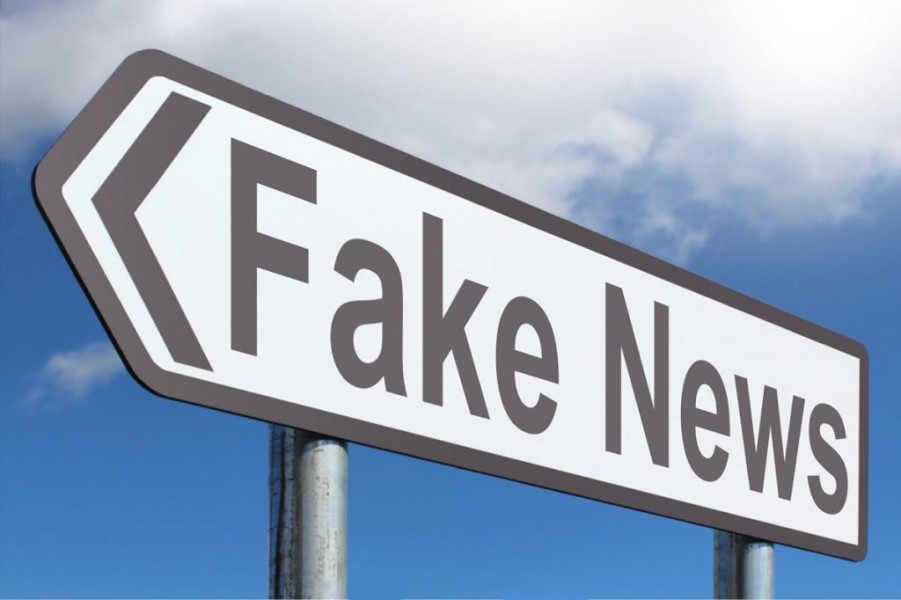Russian media recently claimed that the Romanian Red Cross is allegedly refusing to supply humanitarian aid to Odesa region amid claims that part of the products supplied is being stolen with the involvement of the local military administration, including the administration chief, Maksym Marchenko. In fact, the Romanian Red Cross has refuted such reports, confirming intentions to further provide assistance to Ukraine, including to the city of Odesa and Odesa region.
The report circulated in the Russian media elaborated that the Romanian Red Cross’s move to suspend assistance was due to the exposed facts of some food and medicine supplied being forwarded by corrupt officials to warehouses under their control to then be sold through retail chains instead of being distributed among the population for free. No original soirce of the publication is mentioned in the report.
Denying such allegations, the Romanian Red Cross explained that the organization is closely cooperating with the Red Cross Society of Ukraine in delivering and distributing humanitarian goods in Chernivtsi, Uzhhorod, and Odesa regions. Also, they will continue to cooperate with the Ukrainian Red Cross to provide continued support. The Romanian Red Cross helps those affected by conflict in Ukraine in two ways: helping refugees who have arrived in Romania and supporting those remaining in Ukraine through humanitarian supplies of essentials. The Romanian National Red Cross Society has already dispatched 58 humanitarian aid trucks carrying 1,450 tons of humanitarian aid. The fact that the Red Cross intends to continue to provide assistance to Ukraine is also evidenced by the report drawn by the Humanity Without Borders organization, dated April 12. The press release states that they will continue to stand with those affected by the armed conflict in Ukraine and employ all available resources.
It is worth noting that on March 24, the Verkhovna Rada of Ukraine adopted legislation toughening accountability for embezzlement of humanitarian aid under martial law. The new law introduced criminal liability for misuse of humanitarian aid, charitable donations, or gratuitous aid with the following possible sanctions: a fine of up to UAH 51,000, corrective labor up to 2 years, or restriction of freedom up to 4 years. If committed at a grave scale or under martial law or state or emergency, the crime entails a prison term of to 7 years with confiscation of property.
That is, the Ukrainian authorities have taken appropriate measures to prevent corruption in the distribution of humanitarian aid. At the same time, such reports about the devastating level of corruption involving humanitarian aid supplies appear quite regularly. As a rule, such reports are circulated by anonymous Telegram channels without indicating original sources. Such tactics of disinformation about the systemic theft of humanitarian aid are designed to discourage foreign partners, governments, businesses, and individuals, from further helping Ukraine deal with the dire consequences of the Russian war. But despite all the efforts undertaken by Russian propaganda masterminds, they just don’t work as the scale of international support for Ukraine in confronting Russian aggression remains unprecedented.

